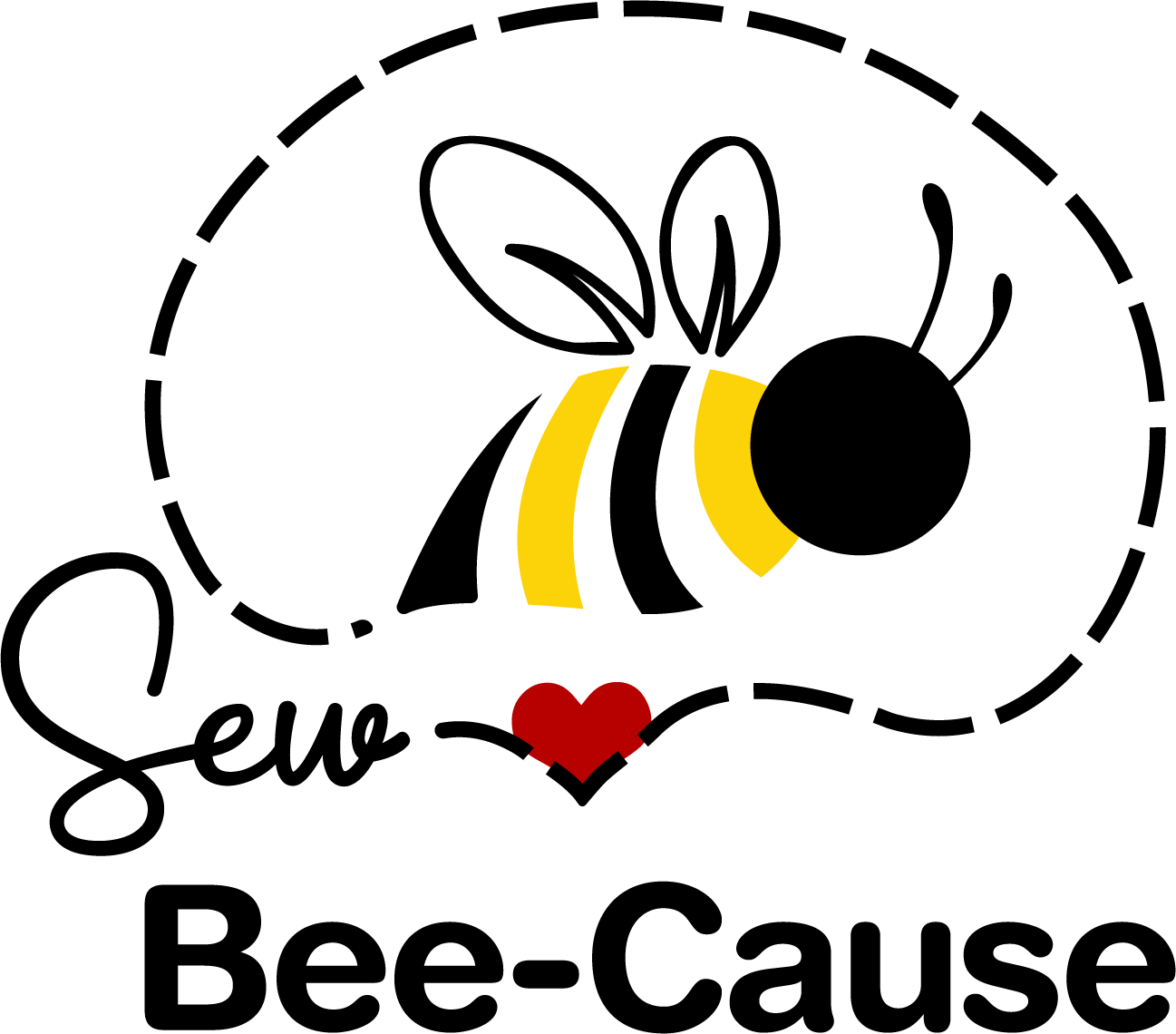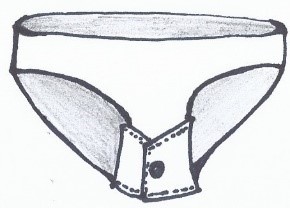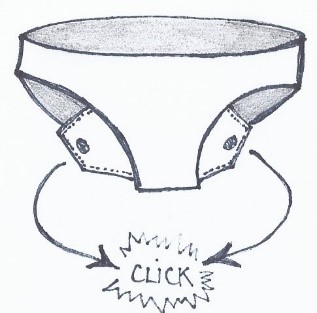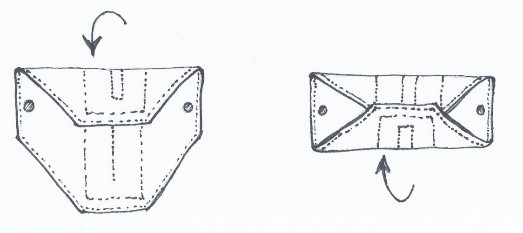Angel Wings©
Period poverty, defined as a lack of access to menstrual products, hygiene facilities, waste management, and education, affects many women globally causing physical, mental, and emotional challenges.
It is a sensitive and critical global issue and is an urgent matter that demands international attention especially as more than half of the world’s population are menstruating people!
Period poverty highlights some alarming statistics;
- At least 500 million women and girls globally lack access to the facilities they need to manage their periods. (1)
- One in ten adolescent girls in Sub-Saharan Africa miss school during menstruation. (2)
- In a Bangladesh study, women missed work 6 days a month on average while menstruating. (3)
- Chhaupadi is an ancient tradition still practised in some parts of rural Nepal, of banishing women & girls, to mud huts or sheds for the duration of their period, as it is believed they will otherwise bring their family bad luck or ill health. (4)
- 23 million girls in India drop out of school annually due to a lack of proper menstrual hygiene management facilities. (5)
These are but a few of the horrific consequences of Period Poverty and the lack of education around menstruation.
This pattern has long term effects both physically, as they use materials such as leaves, ash, sawdust and old rags which can introduce infection, and mentally as girls lack education, drop out of school, are subject to child marriage, are unable to access a decent career path in order to support themselves leaving them open to abuse and a perpetual cycle of poverty.
- https://www.worldbank.org/en/news/feature/2018/05/25/menstrual-hygiene-management
- https://blogs.worldbank.org/education/globally-periods-are-causing-girls-be-absent-school
- Tull K. Period poverty impact on the economic empowerment of women. Accessed November 14, 2021. https://assets.publishing.service.gov.uk/media/5c6e87b8ed915d4a32cf063a/period.pdf.
- https://www.ohchr.org/Documents/Issues/Water/ContributionsStigma/others/field_bulletin_-_issue1_april_2011_-_chaupadi_in_far-west.pdf
- https://www.deccanherald.com/india/period-poverty-and-the-cycle-of-neglect-1185532.html
Angel Wings©
What Are Angel Wings©?
At Sew Bee-Cause, we passionately want to contribute to changing the Period Poverty narrative in a sustainable and responsible manner by creating what we lovingly refer to as Angel Wings.
Global attention to this issue is critical, and since the world is drowning in plastic, reusable environmentally friendly menstrual products need to be explored. Mass-produced menstrual products are disposable and contain plastic and other non-biodegradable materials that are harmful to the environment.
Disposable pads are made of 90% plastic while tampons have at least 6% plastic (1) . This large-scale plastic production releases vast amounts of greenhouse gases, which cause air pollution and global warming.
In addition, the improper disposal of menstrual products (like wrapping them in plastic bags) fills up landfills and takes years to biodegrade.
Our Angel Wings kits contain fully washable and reusable sanitary pads designed to make a meaningful impact in the lives of young women in need around the world whilst also being mindful of the impact on the Earth.
Each kit comprises of 8 reusable and fully washable sanitary pads and 2 sets of underwear, additionally, they can be packed with or without soap for the recipient.
We are dedicated to providing these essential, sustainable solutions and we endeavour to empower girls to overcome barriers that may otherwise force them to miss out on their education and by doing so we hope to make a lasting difference in the lives of those facing period poverty.
Our Angel Wings initiative is a small but impactful step toward breaking the cycle of period-related challenges and shaping a young woman’s life for the better.
Together, we can create a world where no girl is held back by the lack of access to menstrual hygiene products.
Reference:
https://friendsoftheearth.uk/plastics/plastic-periods-menstrual-products-and-plastic-pollution
Download the Angel Wings Pattern, Guidelines and Step-by-Step Instructions below. Follow along by using our YouTube Tutorial. All the links for the these can be accessed below:
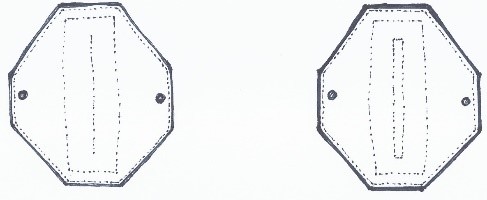
- Your Angel Wing pad can be used on either side!
- One side should have one line stitched down it in the middle, This side is suitable for light/normal flow period days.
- The other side should have two lines (or a narrow rectangle) stitched down the middle. This side is suitable for heavy flow period days.
- Use only one side each time and then put your pad to wash.
- Place your pad into the gusset of your underwear and secure in it place using the snap fasteners to fix it around the gusset and hold it securely in place.
- You should change your pad between one and six times a day depending on the flow of your period. You will know it’s time to change if it starts to feel wet next to your skin.
- The heavier your flow, the more often you will have to change pads.
- The lighter your flow, the longer you will be able to wear the pads.
- Once you have used your Angel Wing pad it is best to try to start the cleaning process as soon as possible to prevent the blood staining the pads.
- If possible, soak immediately in cold water (blood is a protein stain so using hot water will cause the stain to set, so always use cold water).
- Place the pad with the stained side facing down so that as the blood loosens and leaves the pad it drops to the bottom of the bucket/sink/container and away from the pad.
- Allow the pad to soak for at least 30-40 minutes and you will find that the washing process is much easier.
Method A: (Hand washing)
- Salt is a good natural product to help clean blood out of fabric. Once you have soaked the pad, put salt and/or soap onto it and rub the fabric of the pad against itself to loosen any persistent stains. Then rinse thoroughly until the blood, soap etc is completely removed.
- In your final rinse water, it is a good idea to use a little vinegar or a few drops of tea-tree oil as a natural way to sanitise your pads and leave them smelling fresh.
- Wring out as much water as possible then gently pull the pad into shape.
- Hang out to dry, in the sun if possible as this aids in the sanitising process too.
Method B: (Machine Washing)
- Always soak first as per the instructions above*, once soaked you can machine wash at a maximum of 40 degrees with similar coloured items.
- Do not use fabric softener as this will inhibit the absorbency of the pad.
Thank you for contacting Rags to Riches UAE about young ladies that need our assistance.
Please complete this form as accurately as possible.
“As you grow older, you will discover that you have two hands — one for helping yourself, the other for helping others.”
– Audrey Hepburn
